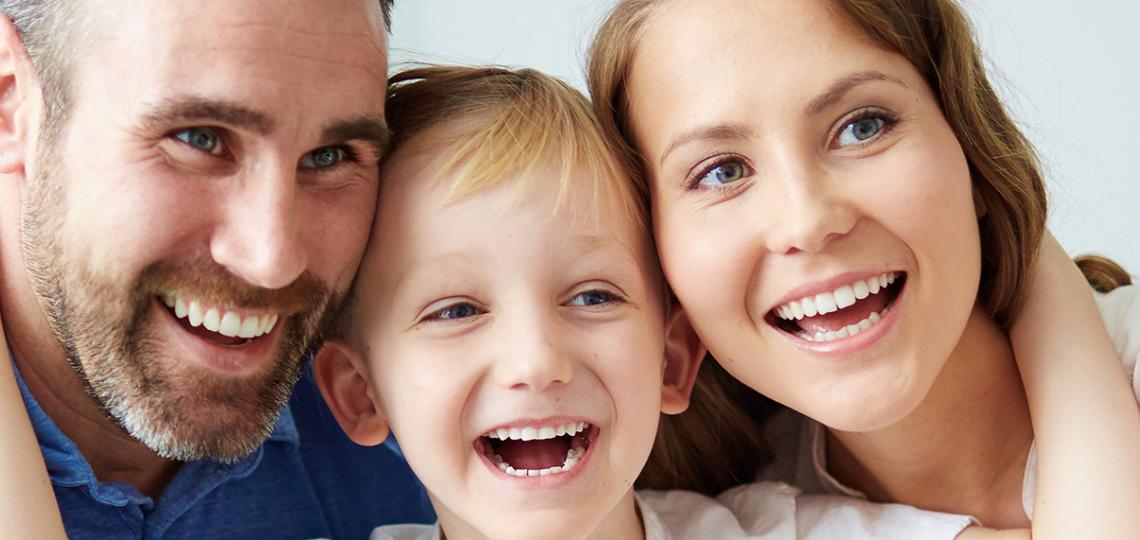Study Evaluating Safety of a T Cell in Patients with Relapsed or Refractory CD30-Positive Lymphomas (BESTA – Treatment) (H-46862)
Description
A Phase 1/2 Study Evaluating the Safety and Activity of Allogeneic CD30 Chimeric Antigen Receptor Epstein-Barr Virus-Specific T Lymphocytes (CD30.CAR-EBVSTs) in Patients with Relapsed or Refractory CD30-Positive Lymphomas
This study involved patients that have a cancer called diffuse large B cell lymphoma (DLBCL), NK and T cell lymphomas (NK/TL), classical Hodgkin lymphoma (cHL) or post-transplantation lymphoproliferative disease (PTLD) (hereafter these 4 diseases will be referred to as lymphoma). Patients lymphoma has come back or not gone away after treatment. Because there is no standard treatment for the patients cancer at this time or because the currently used treatments do not work fully in all cases, the patients are being asked to volunteer in this research study.
In this study the investigators want to test a type of T cell made from a normal donor. The T cells the investigators will use are called Epstein Barr virus (EBV) specific T cells (EBVSTs) and are cells that the investigators have trained in the laboratory to recognize a EBV which is the virus that causes mono or kissing disease. Some patients with lymphoma have EBV in their cancer cells. Researchers have given T cell lines from normal donor EBVSTs to lymphoma patients who have EBV in their lymphoma cells and have seen responses in about half the patients. The cells have been generated and are frozen in a bank. The cells are called "allogeneic" (meaning the donor is not related to the patient). CD30.CAR in EBV-specific T cells (called allogeneic CD30.CAR-EBVST) from the blood of healthy donors. The investigators are giving the cells to patients with lymphoma cells that express CD30. If the lymphoma cells also express EBV there may be some benefit from targeting both proteins.
The purpose of this study is to find out the highest safe dose of allogeneic CD30.CAR-EBVST cells given following chemotherapy and used to treat lymphoma. The investigators will learn the side effects of CD30.CAR-EBVST cells in patients and see whether this therapy may help lymphoma patients
Age requirements: 12 years to 75 years
More information about this study can be found on clinicaltrials.gov.
NCT#/ClinicalTrials.gov ID: 04288726
Contact
Phone 1: 832–824–7821
IRB: H-46862
Status:
Active
Created:








